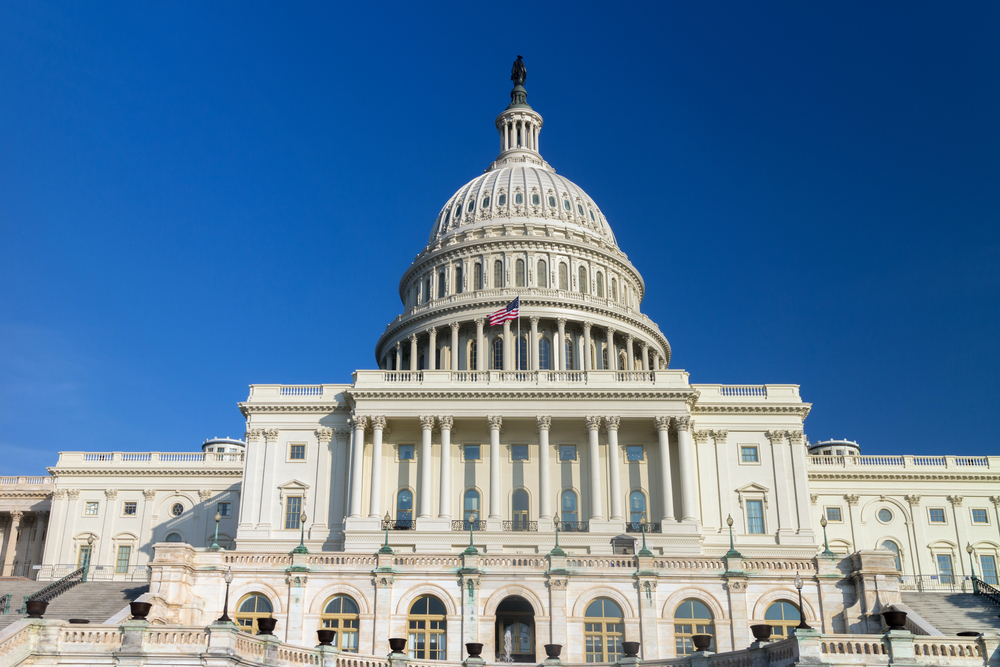
The Senate could vote to pass a bipartisan bill this week that will, theoretically, provide federal grants to states and local governments to fight the national epidemic of heroin addiction and prescription painkiller abuse.
On Monday, Senators voted 86-3 to advance the Comprehensive Addiction and Recovery Act, but the funding sources behind the bill remain unclear. Although this key legislation will empower U.S. Attorney General Loretta E. Lynch to provide money to programs that improve treatment options for addicts, significantly strengthen prescription drug monitoring, and expand prevention and education initiatives—the legislation appears to be toothless.
Introduced by Sen. Sheldon Whitehouse (D-RI) and Sen. Rob Portman (R-Ohio), the bill still needs to be supported by the House of Representatives before it can be put into effect. Rep. Jim Sensenbrenner (R-Wis.) has introduced an identical bill in that chamber. A major obstacle is that the bill does not actually fund the $725 million in programs that it authorizes. The lack of clear funding and financial support could tie the hands of the attorney general, making the bill an impotent gesture.
Democratic senators and the White House have expressed concern over this lack of funding. Last week, Senate Republicans blocked an effort by Sen. Jeanne Shaheen (D-NH) to add $600 million in emergency funding to the bill. Without this funding, the good intentions of the bill to combat the opioid epidemic could end up as nothing more than good intentions.
The drug abuse crisis has become a hot topic in political battleground states like Ohio and New Hampshire. So it’s no surprise that Republican senators up for election in those states, like Rob Portman (R-Ohio) and Kelly Ayotte (R-NH), voted in favor of Sen. Shaheen’s amendment to add $600 million.
The opioid epidemic played a big role in the recent New Hampshire primary, as well. Sen. Shaheen was surprised by the lack of funding, pointing out that, “There is simply no excuse for Congress providing emergency funding for the Ebola and swine flu epidemics, while ignoring an opioid crisis that’s killing a person a day in the Granite State.”
Hiding behind a previous spending bill, GOP leaders claim that Congress had already appropriated more than $400 million in funds to programs addressing opioid abuse in a spending bill passed in December. Majority Leader Mitch McConnell (R-Ky.) promised that there will be more opportunities to approve funding in 2017. “But it’s important we act on this legislation now,” McConnell claimed. “It will help save lives.”
The Democrats disagree with this wait-and-see approach taken by the fiscally conservative Republicans. “Show me the money,” said Senate Minority Whip Dick Durbin (D-Ill.), noting that appropriations made months ago will not be able cover new programs. Reacting to McConnell’s heartfelt promises, Durbin scoffed, “I don’t know what he’s talking about. We want to make sure this is paid for and not just a campaign stunt.”
Update: On Thursday, the Senate approved the Comprehensive Addictions and Recovery Act (CARA) with a bipartisan vote of 94-1. The bill now shifts to the House of Representatives for consideration.
